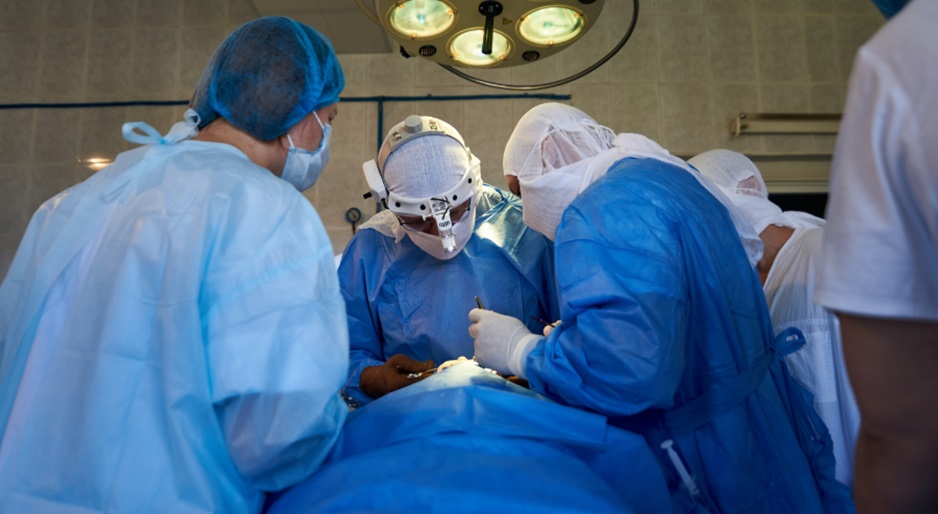For individuals who have previously undergone weight loss surgery, the journey doesn’t always go exactly as planned. In some cases, the initial procedure may not produce the expected results, or complications may develop over time. For those in need of reevaluation, bariatric revision surgery in Baltimore can offer a second chance at achieving lasting weight loss and improved health.
Understanding when revision surgery is appropriate is essential for anyone who feels they haven’t met their goals or are facing post-operative challenges.
Signs You May Need a Revision Procedure
There are a number of reasons a bariatric revision may be considered. One of the most common is significant weight regain following initial success. While lifestyle habits play a role, anatomical issues, such as a stretched stomach pouch or complications with the original surgery, may be contributing factors.
Other indicators include unresolved or recurring medical issues that were supposed to improve after surgery. If conditions like type 2 diabetes, sleep apnea, or acid reflux persist, a revision might be needed to adjust the anatomy or address a specific complication.
Additionally, if patients experience persistent nausea, vomiting, or gastrointestinal discomfort, a surgical evaluation may be warranted to determine whether something has structurally changed.
Types of Bariatric Revision Surgeries
The type of revision surgery required depends on the original procedure and the current issue. In some cases, a gastric band may be removed and replaced with a sleeve gastrectomy or gastric bypass. For those who previously had a sleeve, the procedure might be converted to a bypass to improve outcomes.
These revisions are highly specialized and should only be performed by surgeons experienced in complex bariatric cases. A thorough evaluation, including imaging, nutritional assessment, and consultation with a bariatric specialist, is essential before determining the best course of action.
The goal of revision surgery is to restore or enhance the effectiveness of the original procedure while ensuring safety and minimizing risks.
Preparing for Recovery
Revision procedures often come with a slightly longer recovery timeline than primary bariatric surgeries, due to the increased complexity of the operation. However, with proper planning and support, patients can recover successfully and resume their health journey.
A clear understanding of what to expect during the bariatric revision surgery recovery process helps patients mentally and physically prepare for the road ahead. Key components include staying active within safe limits, following a modified diet plan, managing medications, and attending all follow-up appointments.
Emotional preparation is also crucial, as revision surgery can bring with it feelings of disappointment or anxiety. Ongoing counseling, peer support, and professional guidance help ease the transition and promote long-term success.
Making the Right Decision
Choosing to undergo bariatric revision surgery is a significant step, and one that should be taken with careful consideration. Consulting with a qualified bariatric specialist, reviewing your medical history, and exploring all possible alternatives will help determine if a revision is the right solution.
When weight regain or post-surgical complications interfere with your progress, revision surgery can offer a renewed opportunity for success. With the right support and realistic expectations, patients can overcome setbacks and move forward with greater confidence and improved health outcomes.
